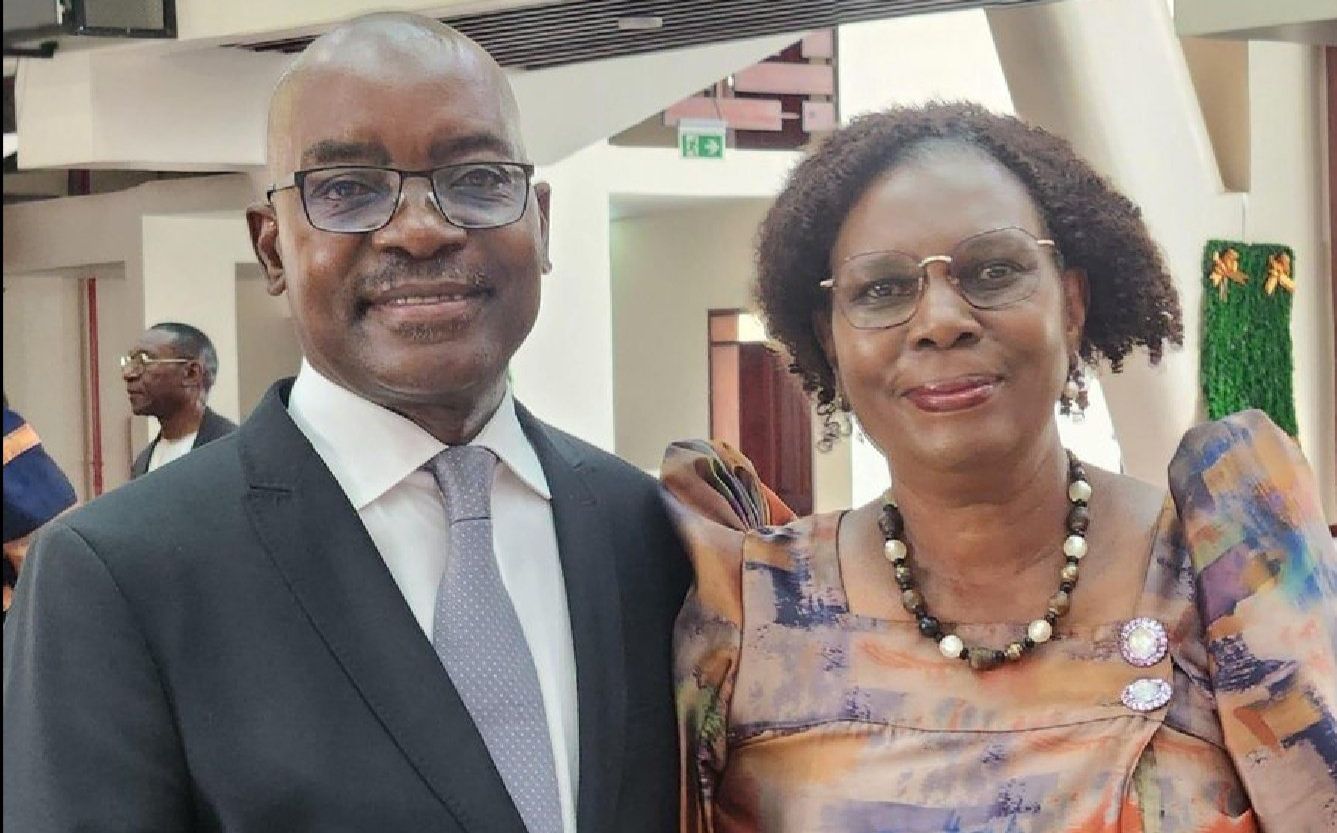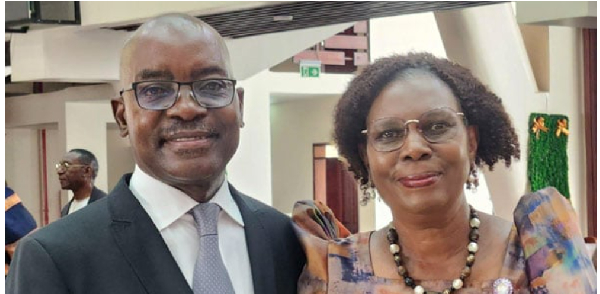The tragic murder of David Mutaaga, 69, and his wife, Deborah Florence Mutaaga, 62, in their Entebbe home has shaken the nation and exposed serious gaps in Uganda’s ability to investigate violent crime. The couple, who had recently returned from Europe to enjoy their retirement, were found brutally murdered, sparking a high-profile investigation and widespread public concern.
As police continue to question suspects, including domestic workers, a major limitation has come to light: Uganda lacks a national DNA database. Although biological evidence, such as blood or hair, may hold crucial clues, the absence of a reference database significantly hinders the ability to identify or confirm suspects. In such cases, forensic investigations become slow and often inconclusive.
This tragedy highlights a deeper problem in Uganda’s forensic infrastructure. A foundational concept in forensic science, , holds that “every contact leaves a trace.” This means perpetrators will leave behind materials like skin cells or hair that can be used to link them to a crime scene if a DNA database exists. In the Mutaaga case, such evidence likely exists but remains unusable without a system to match it against.
Uganda now has a unique opportunity to close this gap through its ongoing , where millions of citizens are submitting biometric data such as fingerprints and iris scans. Incorporating into this process would be practical, cost-effective, and transformative. A national DNA database would drastically improve investigative capacity, enabling faster suspect identification, connecting crimes, solving cold cases, and exonerating the innocent.
Countries like Japan, the UK, and the US have shown how powerful DNA systems can be in delivering justice and deterring crime. However, such a system must be introduced responsibly, with strong to protect privacy, regulate access, and prevent misuse. Transparent oversight, secure data handling, and public education are essential to build trust and support.
Uganda stands at a critical crossroads. It can continue relying on outdated methods, or it can embrace science and technology to modernise its justice system. The murder of the Mutaagas is a stark reminder of what is at stake. Establishing a national DNA database starting with the current ID renewal is not only timely but morally necessary. The time to act is now.
The author, Kiwanuka Augustine, is a construction engineer by profession and currently pursuing a master’s degree in Architecture and Building Engineering in Japan under the JICA ABI Scholarship.
comments










